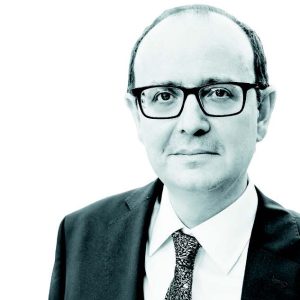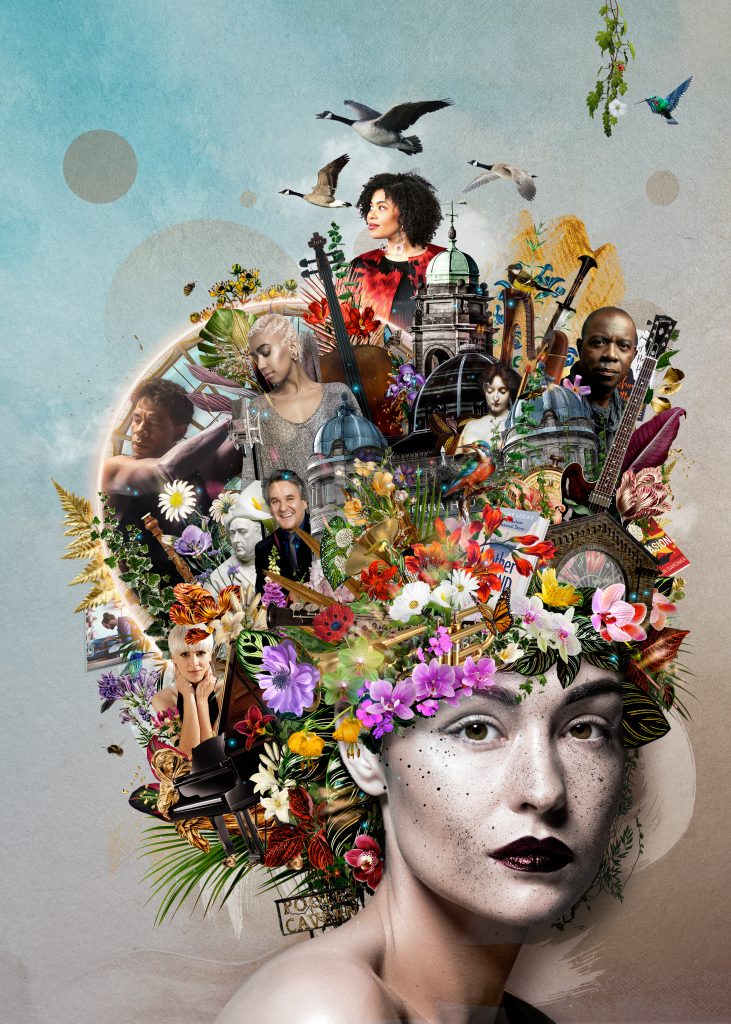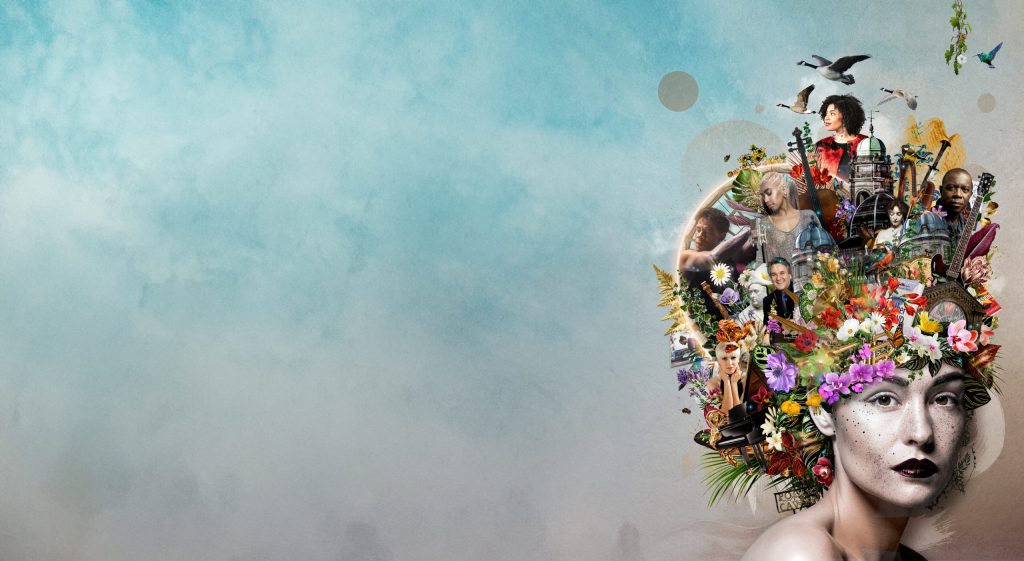Artistic Director’s Welcome
-Adrian Kelly
This year’s programme of operas was in many ways our most ambitious yet. Ever since the very first Festival forty-five years ago, the emphasis has been on performing lesser-known works. But never before has the Festival created five new productions of its own in a single season.
Read more
Artistic Director’s Welcome
-Adrian Kelly
This year’s programme of operas was in many ways our most ambitious yet. Ever since the very first Festival forty-five years ago, the emphasis has been on performing lesser-known works. But never before has the Festival created five new productions of its own in a single season.
The chamber opera format that we have developed for the Pavilion Arts Centre has proved popular, and this year featured The Boatswain’s Mate by Ethel Smyth, a composer whose works have enjoyed a new lease of life in recent years, as well as La canterina, a comic opera by Josef Haydn.
In the Buxton Opera House, we presented three contrasting works. Following on from recent seasons, which have featured works by all the three great bel canto composers, we presented Ernani, the work which cemented Giuseppe Verdi’s reputation as their natural successor. Jamie Manton directed. George Friedrich Handel’s Il trionfo del tempo e del disinganno is one of the composer’s most inspired works, an oratorio written toward the beginning of the composer’s four-year stay in Italy. The Festival continued its collaboration with Christian Curnyn and the Early Opera Company. Peter Brook was one of the most influential theatre directors of the last century. La tragédie de Carmen is his take on Bizet’s ever popular opèra comique, exploring the personal dynamics between the protagonists. British-German stage director Katharina Kastening makesd her Festival debut.


